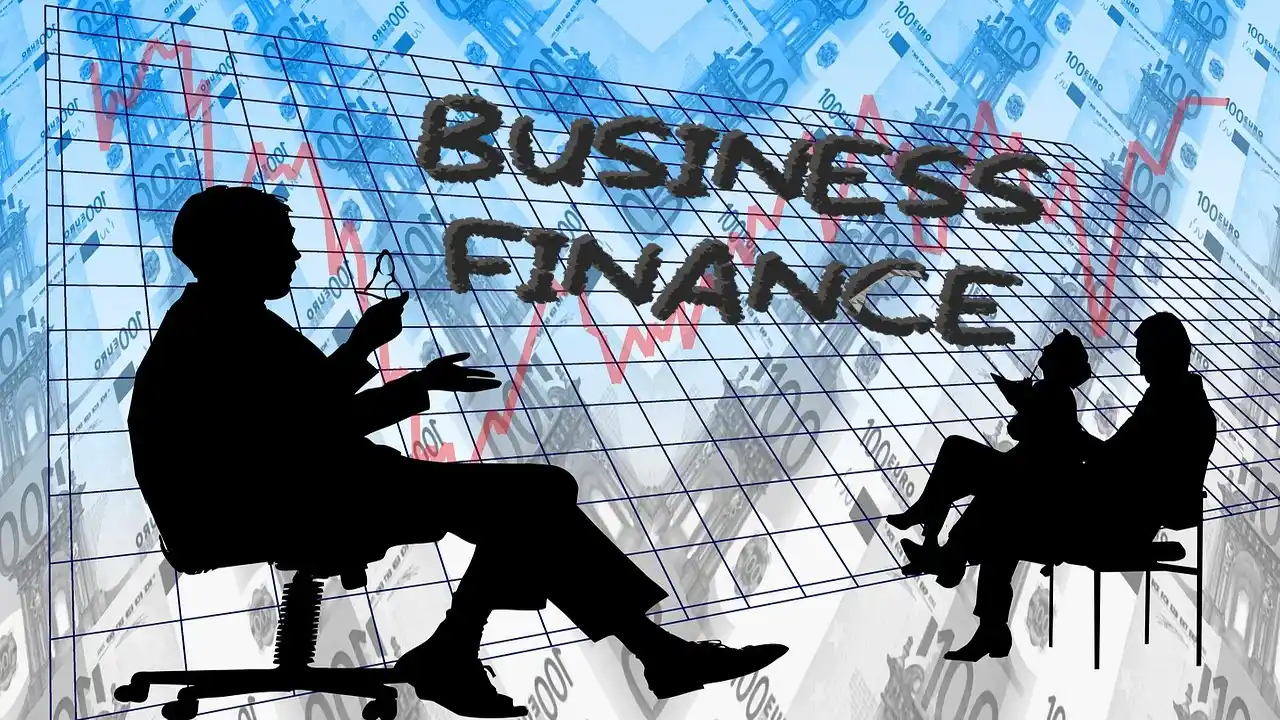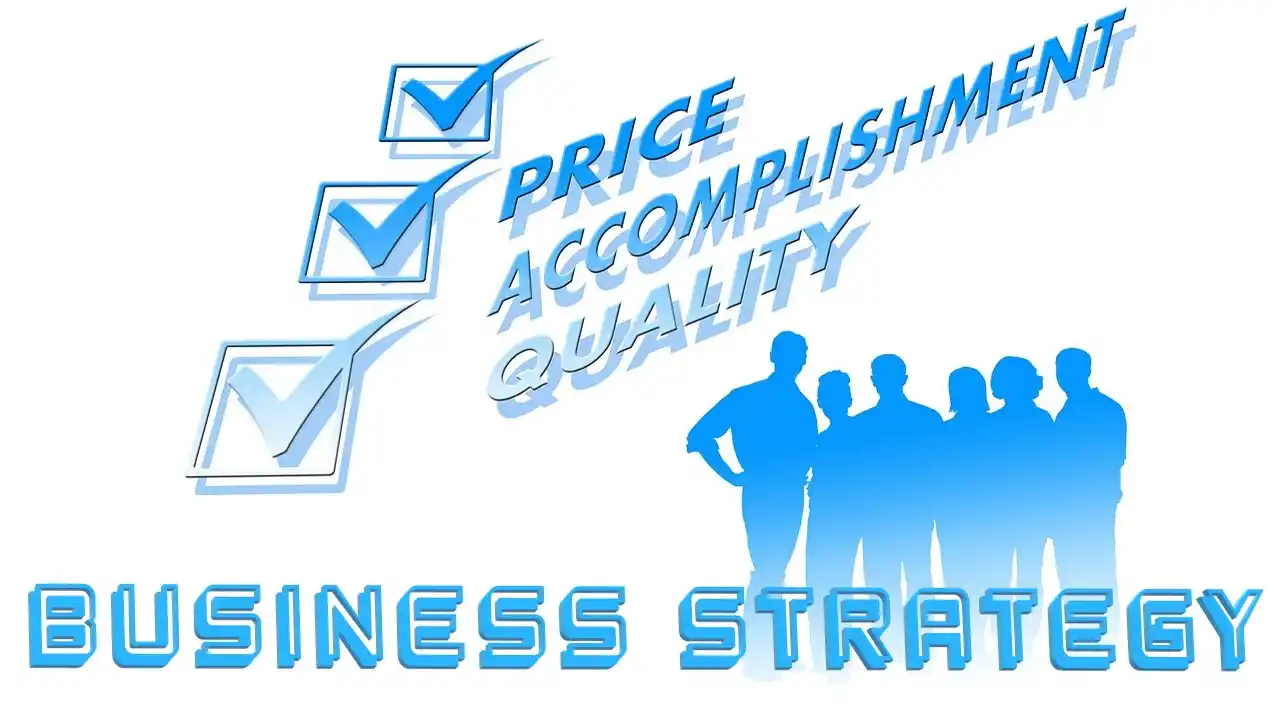Business economics is a subfield of applied economics that examines the financial, organizational, market-related, and environmental issues that businesses confront. Business economics employs economic theory and mathematical techniques to examine the various factors affecting businesses. Some of these variables include a business’s structure, management, growth, and strategy. Business economics can use to study how and why businesses develop, how businesses interact with one another, and the government’s role in regulating business activity. This article will go into principles of business economics in detail and provide some examples for your convenience.
In its broadest sense, economics is the study of the components and functions of a market or economy, such as supply and demand, as well as how the concept of scarcity impacts these components and functions. In the field of economics, it is essential to examine the production factors, the distribution of products, and how people spend their money. Business economics is the study of how enterprises function and the impact of their components on the economy as a whole.
Top 10 – Principles of Business Economics
In business economics, students learn about economic concepts, strategies, and standard business practices, obtaining the necessary capital, earning money, ensuring production efficiency, and developing an overall management plan. Company economics also considers external economic factors and how they influence business decisions. A sudden change in the price of basic materials or in the regulations governing a business are examples of external economic variables.
Economics is not only essential in the modern world, but it pertains to all types of business as well. This book organizes alphabetically, beginning with “Aggregate Demand” and ending with “Transfer Pricing.” This makes it simple to locate the topic that most interests you. Check out these principles of business economics to enhance your knowledge. Read extensively about characteristics of business economics to learn more.
The Principle of Equi-marginality
The equi-marginal principle is one of the widely accepted principles of business economics. The principle states that input should be provided to output in such a way that its value contribution is constant regardless of the circumstances. This form of assumption is frequently referred to as “equimarginal.”
For example, suppose the business has a total of 100 available labor units. The company is also interested in the five items listed below: A, B, C, D, and E. If the company employed more people, it could earn more money from any of these endeavors, but it would earn less from its other businesses.
When the marginal product of one activity is greater than that of another, it is impossible to determine the optimal allocation of resources for the situation. Therefore, moving laborers from jobs with low marginal value to jobs with high marginal value would be profitable, and as a result, the overall value of all products would rise.
Plan Economic Action
Many nations that previously relied on central planning are now transitioning to market economies. In a market economy, millions of households and enterprises with a financial stake in the economy make decisions.
From this vantage point, it appears to be a circle. Businesses determine who to employ and what to produce based on where individuals choose to work. In a market economy, where individuals make decisions based on what is best for them, these two groups interact.
There are instances when the market economy or portions thereof do not function. When this occurs, the government must act to implement policy. The majority of the time, however, the interactions between households and businesses occur almost automatically, as if guided by a “invisible hand” that helps the economy advance.
This “invisible hand” influences the functioning of the economy. Therefore, households and businesses consider prices, costs, and societal benefits when deciding what to purchase and sell. This enhances the welfare of a society over time.
The Idea of Incrementalism
How much more should we earn to maximize profits, and how much more will we have to pay as a result of earning more? The gradual concept involves determining how various decisions affect costs and income. It examines how changes in prices, goods, procedures, investments, or anything else that may be at stake in the decisions impact total expenses and income.
The two primary components of incremental reasoning are incremental expenses and incremental income. One approach to consider incremental cost is the difference that a single decision makes to the total cost of performing a task. The difference that a single decision makes to a company’s total revenue is referred to as incremental revenue. This is important principles of business economics.
Enhance Market Results
In the previous economic principle, we discussed how the government creates market-affecting policies. But if the hidden hand is present, why should the government intervene? On the other hand, the safety of the hand is dependent on the government. The market will only function properly if certain rights are respected, and the government needs assistance coordinating economic action within the market in order to promote both efficiency and equity. If certain rights are not honored, the market will not function properly.
When an action affects the well-being of a third entity, or in this case, the well-being of society as a whole, externalities occur. We say that markets have failed when they are ineffective at delivering products to those who need them. When an action results in an externality, we refer to this as an externality. This is demonstrated by the relationship between pollution and environmental health. Without government regulation, the market may inadvertently harm individuals. This could occur regardless of government intervention.
The Principle of Discounting
The concept of temporal perspective now incorporates this new concept. Because it is impossible to predict the future, it is fraught with peril and mystery. Everyone is aware that one dollar will be worth more in two years than it is today. This reminds me of the expression “A bird in the hand is worth two in the bush.” This statement was made without considering how difficult it is to predict the future or how prices may increase.
The only distinction is that money can earn interest during the interim, which cannot occur if it is only accessible at the end of the time period. This response is straightforward. The present value of one rupee that can be obtained in two years is identical to the present value of one rupee that can be obtained today. The term “discounting” refers to the mathematical procedure that determines the current value of an object by factoring in the changing value of money. This is important principles of business economics.
Time Viewpoint Principle
“When making a business decision, you should consider both the long- and short-term effects on revenues and expenses, and strike a balance between them.” According to the concept of time perspective, a manager or other individual in charge of making decisions should give equal weight to the short-term and long-term effects of his decisions before making a choice. The term “short-run” refers to a brief period of time in which some things remain constant while others undergo change. It is possible to increase output if the number of variables increases.
In contrast, “long run” refers to a period of time during which everything about production is subject to change. It is simple for selling companies to enter or exit the market. Long-run is a time period during which consumers have sufficient time to adjust their tastes and preferences in response to price adjustments.
Short-run refers to a period of time during which consumers have only sufficient time to respond to price changes by maintaining their current interests and preferences. This is because, in the short term, consumers respond to price changes based on their preferences and tastes. This is the principles of business economics.
People Must Make Trade-offs
Every individual must make decisions that prioritize one option over another. Most decisions, especially those involving finances, involve giving up something in exchange for something else. The conflict between efficiency and fairness is one of the most significant that can arise in a society.
When we say that something is “efficient,” we mean that it maximizes the use of scarce resources. Everyone receives the same quantity of benefit from a given resource in a fair community. People will be better able to choose between two options if they have a thorough understanding of both.
Nevertheless, in both real life and the business world, efficiency or fairness is almost always given greater weight than the other. People must constantly make trade-offs, such as how college students utilize their time and how states allocate their funds.
Uncertainty and Risk
Managerial decisions are actions that will have an effect in the future, but the nature of that effect is unknown. The future is unpredictable and potentially perilous. The absence of confidence stems from the difficulty of predicting changes in the business cycle, economy, and government policies.
This implies that the organization’s leaders must be willing to take risks when making decisions for the organization in the future, when the economy is uncertain and unknown. Uncertainty may exist in a company’s production, market prices, competitor strategies, and other areas. When there is uncertainty, the results of an action may not immediately appear and cannot determine with certainty.
In general, economic theory implies that a business has complete knowledge of its working environment and the relationship between its costs and demand. It is unacceptable to allow skepticism to influence decision-making. The source of uncertainty is the inability of producers to accurately anticipate the rapid changes in the economy and, consequently, the cost and revenue data of their companies.
People React to Rewards
This economic principle is not new, but when compared to its predecessors, it makes a great deal of logic. What occurs when the balance shifts, given that consumers base their decisions on how benefits and costs compare? Here, encouraging remarks can be helpful. By providing additional benefits to consumers who alter their behavior, incentives motivate individuals to take action. By offering individuals a positive or negative incentive, you can motivate them to do something or discourage them from doing it.
As an example of an effective incentive, you could offer a bonus for additional hours worked. A poor incentive, on the other hand, would be for the government to increase taxes on certain items, such as gasoline, to reduce their consumption.
The Concept of Opportunity Cost
The concept of principles of business economics is that there are limited resources connect to the concept of prospective cost. When there are multiple ways to utilize a limited resource, it is essential to know which one is most effective. Both the pros and cons of the greatest option and the cons of the left option must consider.
Devenport. A U.S. economist employs an illustration to explain the concept of “potential cost.” If a bad boy is following a girl to steal her fruits and she only has a pear and a peach, the girl should drop one fruit and flee with the other in order to save one fruit at the expense of the other.
In this example, the woman must choose between pears and peaches. The girl lost the opportunity to consume the produce she did not consume. This is the prospective cost of the unconsumed fruit. When the lady gives up one fruit for another, the fruit she gave up is referred to as the “foregone option” This is an illustration of a potential expenditure.
FAQ
Why is Economics Essential in our Everyday Lives?
Economics provides us with the knowledge and analytical tools necessary to comprehend how our world functions, from the daily decisions we make to how organizations and governments achieve their objectives. Every day, individuals make decisions that alter their lives, regardless of their magnitude.
What Exactly is Business Economics?
Business economics is typically concerned with norms and regulations. It provides examples of how economic principles can apply to policymaking, decision-making, and future planning. But before businesses can make judgment standards, they must have a comprehensive understanding of their surroundings.
What Role do Economic Concepts Play in Decision Making?
People must make compromises. The cost of something is the sacrifice required to obtain it. By adhering to these four guidelines, business decisions make.
Final Words
This is straightforward to figure out. Since prices always follow inflation and a higher inflation rate results in higher prices, economic officials attempt to maintain market activity by maintaining inflation below the average rate. When there is a high inflation rate, it is usually because there is too much money in circulation. As states print more money and circulate more of it, its value decreases. Continue reading to become an expert in principles of business economics and learn everything you can about it.






